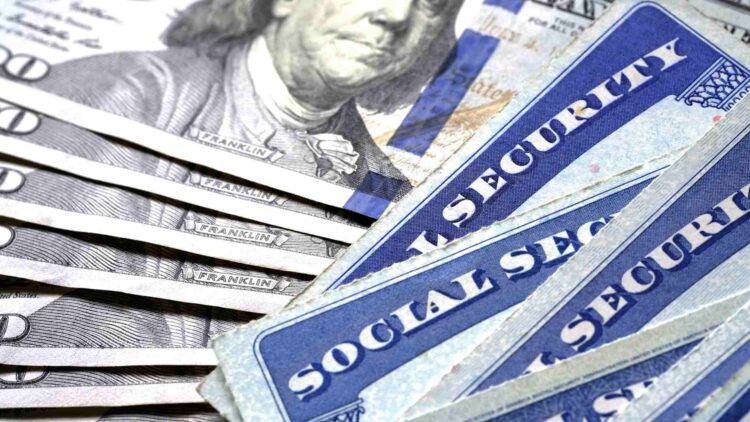It takes five payments a month for the Social Security Administration to send money to more than 71 million people who get Retirement, Survivors, and Disability Insurance (RSDI) or SSI payouts every month. The federal agency did say that there would be a small change to the normal payment schedule in November.
For example, SSI recipients will get an extra payment on November 29. There is an extra payment because December 1 is a weekend. When that happens, SSA moves the payment date to the working day before the weekend.
People who got RSDI before May 1997 will get their payments two days early because November 3rd is a Sunday. This is in addition to the change in SSI payments. As a result, they will get their regular payment on November 1st.
Social Security announces a major change to November payments
Remember that in November, the SSI benefit is only given to low-income seniors over 65, disabled people, and children from certain social classes. Also, applicants must meet the current level of income and resources, which are $2,000 for people and $3,000 for couples.
The Social Security Administration doesn’t pay SSI benefits based on the beneficiary’s date of birth or the date they first filed for benefits because SSI is a monthly payment for people who are having trouble with money.
Instead, it pays all SSI recipients on the same day. The following times show when Social Security will pay out for the rest of the year, based on the payment schedule:
- Friday, August 30 (SSI benefits from September 1st)
- Tuesday, October 1st
- Friday, November 1st
- Friday, November 29 (SSI benefits from December 1st)

Which beneficiaries are eligible to receive Social Security payments from the SSI program?
Millions of Americans and locals have been getting monthly benefits from Social Security since 1935. These benefits help them pay their bills and save for retirement. After going through different eligibility requirements, the SSA decides which recipients can get benefits.
The government agency then figures out how much each recipient will get each month based on their specific situation, such as their full retirement age, work history, type of disability, and Social Security contributions.
When it comes to SSI recipients, the amount of benefits they get depends on their resources, income, and the group they choose when they apply.
All of these things help the SSA figure out who is eligible and how much each individual can get each month. For instance, SSI recipients who apply as individuals and meet the standards could get up to $943 a month, while couples can expect to get up to $1,415 a month.
Some people who meet the standards for Essential Persons (EPs) may also get an extra US$472 payment. People who get benefits from this program should know that the purpose of these benefits is to help people who worked and paid into Social Security live on a basic level.
The Retirement, Survivorship, and Disability Insurance (RSDI) program, on the other hand, gives out monthly payments of $1,505 to $4,873.
People must have reached full retirement age, worked long enough, and paid enough into the system through Social Security in order to be qualified for these benefits. In this case, the government office will figure out different payment amounts for each beneficiary based on these factors:
| Social Security payments | Retirement benefits | Survivors benefits | Disability benefits |
| On average | $1,900 | $1,505 | $1,537 |
| Other payments | Age 62: $2,710
Age 67: $3,822 Age 70: $4,873 |
Individual: $1,773
2 children: $3,653 |
Blind recipients: $2,590
Maximum payment: $3,822 |
Don’t forget that you have to meet strict requirements before you can get the biggest monthly payment. Not everyone will get the chance to get this amount. So, we suggest that you talk to a financial counselor or an SSA expert about their situation to improve their chances of getting higher monthly salaries, since they may be eligible for a number of different payment levels.
Also See:- For seniors, this is a list of all the big changes that will happen to Social Security in 2025















Leave a Reply